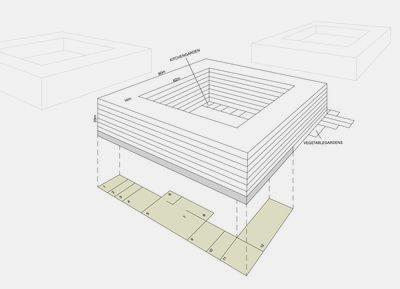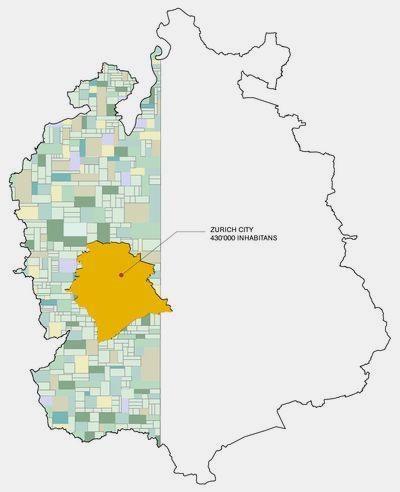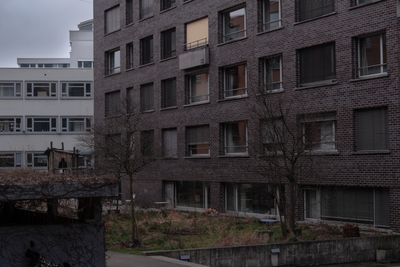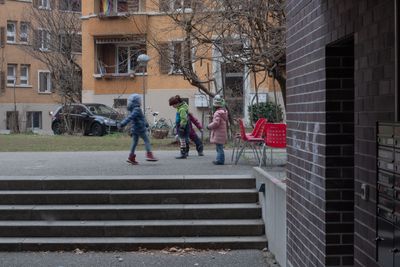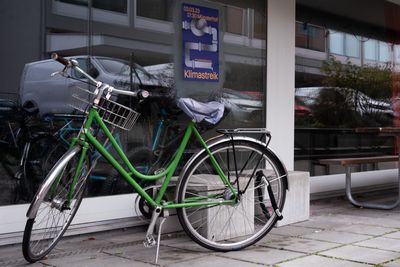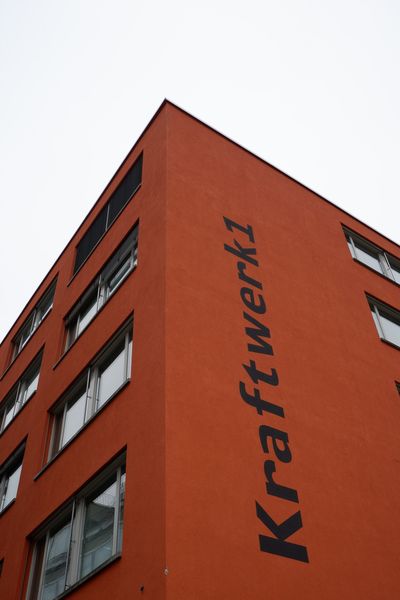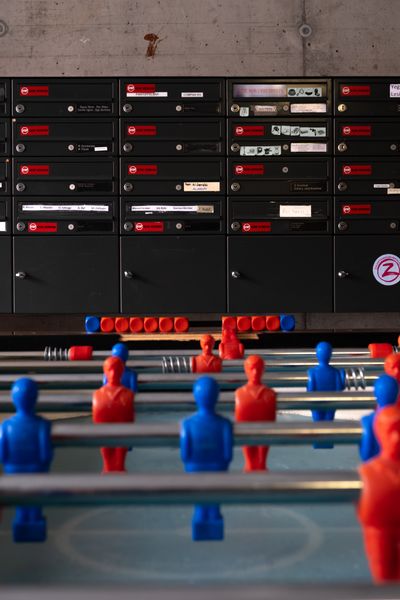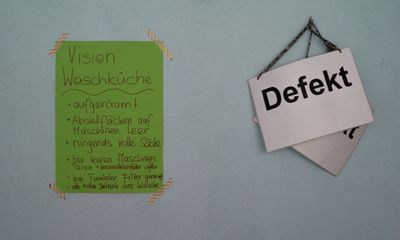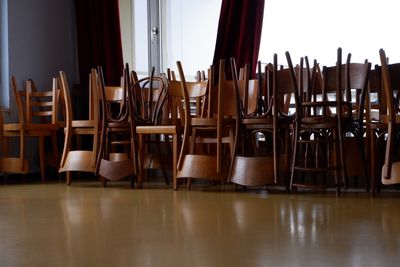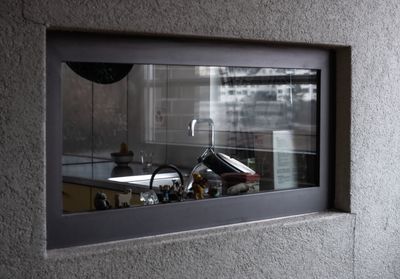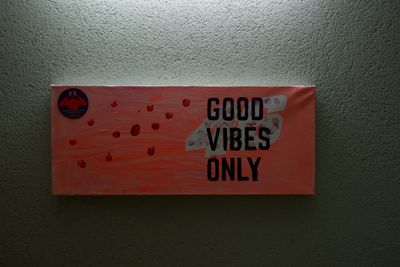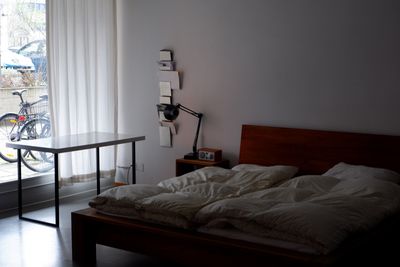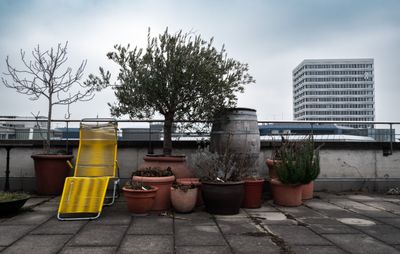Atlasbolo'bolo: Utopia Within Reach?Mira Weingartner and Michèle Zeder
Diving into the thoughts, ideas and desires of the Zurich author and activist Hans Widmer, one is immersed in a colourful anti-capitalist social utopia. Widmer, who publishes his books under the pseudonym P.M., not only invites us to dream of a better world, but he also provides concrete descriptions of how this society could work.
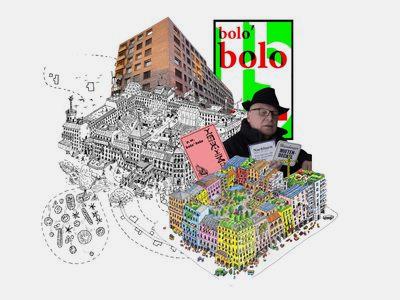
But first of all: who is this person, who thanks to his utopia became famous far beyond Switzerland’s borders? Hans Widmer is born in Zurich in 1944. He studies anthropology, sociology and psychology at the University of Zurich. He writes about alternative ways of life as early as his doctoral thesis.
With his aim to put an end to what he calls the Planetary Labour Machine (PAM), he develops a thoroughly social philosophy of life: bolo’bolo, published in 1983, which makes him known beyond Switzerland. In the book he describes a utopian society divided into autonomous neighbourhoods—the so-called bolos. In order to detach himself completely from prevailing norms, he decides to invent a new language to describe his utopia: "Instead of agriculture, for example, I use the word Kodu. Unlike agriculture, a Kodu does not yet correspond to a concrete idea—and is thus open to new ideas," Widmer says during our conversation in the Kraftwerk Zurich on 28 February 2023.





The smallest unit of a Bolo is the single person. Their private belongings are limited to a chest. The individual dedicates a large part of their life to the community, for example by working in agriculture to provide food for the community. One Bolo consists of around 500 individuals. This community lives together in a building, which Hans Widmer conceived as a perimeter block. The square meters per person are limited to 20 m². In addition to private rooms, a Bolo mainly houses communal spaces. The so-called micro centre contains a communal kitchen, a library, studios and a day-care centre as well as guest rooms for visitors.
Hans Widmer also considers the Bolos’ food supply. He proposes Bolos’ to be self-sufficient with the help of the so-called Landbasis, agriculturally-used areas located about ten kilometres from each perimeter block. Each Bolo is specialised in a certain type of agriculture such as crop cultivation, vegetable gardening or fruit gardening. Each resident does farm work for approximately one month per year. Through trade agreements, neighbourhoods can expand their food supply. The produce is stored in a common depot. This way, the residents do not need their own fridge, which also aims at preventing from food waste. Cooking is an important communal ritual in each neighbourhood: in order to secure the food supply for the entire year, food is boiled and dried to be preserved. Each Bolo produces a surplus of ten percent in foods for communal events and guests.
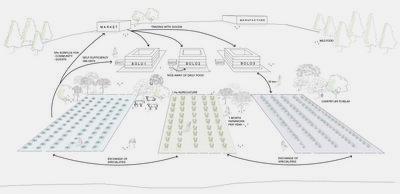
Source: bolo'bolo, 1983
“500 Residents of the neighbourhood can be directly supplied with a large part of food with an agricultural area of about 80 hectares”: This is what Hans Widmer writes in the book Auf den Boden kommen in 2022. In 2016 he co-authored another book entitled Nach Hause kommen, where he specified which food production requires how much land.
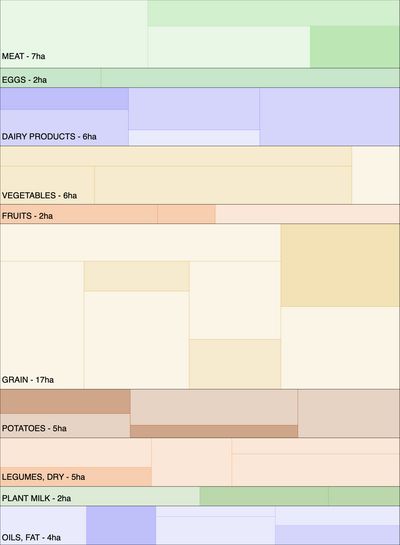
Life Stock farming: 15 ha, crop cultivation: 41 ha.
Source: Nach Hause kommen, Verein Neustart Schweiz, 2016.
If one transferred his proposal to the City of Zurich, the current inhabitants would live in a total of 804 Bolos and farms in the surrounding area and around 40 % of the area of the Canton of Zurich would have to be agricultural land.
Hans Widmer does not limit himself to writing books, but has also implemented part of his visions in the real world. Together with a group of activists, he founded a housing cooperative in Zurich in the 1990s. In 1999, the cooperative’s first social housing development was built in Zurich’s Hardturm district with the name Kraftwerk 1. Hans Widmer explains to us: “In the real estate crisis of the 1990s, a brief window of opportunity opened up for the young Kraftwerk 1 cooperative to take advantage of the building speculators’ uncertainty—and to try out an experiment with them. With its diverse types of flats, its ecological construction and the residents’ participation in the planning, the first Kraftwerk 1 housing estate set standards that influence today’s housing development in Switzerland and contributed to the renaissance of the Zurich cooperative movement.”
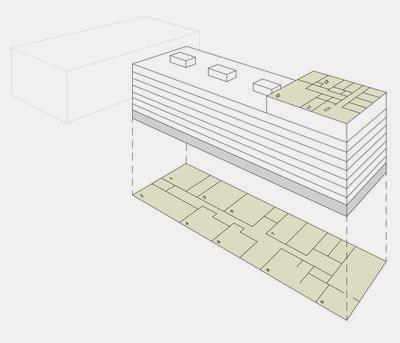
1 Guest room, 2 business, 3 administration, 4 food depot, 5 „Pantoffelbar“, 6 laundry, 7 atelier, 8 daycare, 9 kindergarten, 10 community room, 11 kitchen, 12 apartment.
Source: Kraftwerk 1.
Kraftwerk 1 collaborates with a distributor of organic produce and the products are stored and sold in the cooperative’s food depot. Some of the Kraftwerk 1 inhabitants are members of the garden cooperative Ortoloco and in exchange receive vegetables and fruits produced directly from the producer.
The integration of food supply into the housing cooperative comes somewhat close to the Bolo-Kodu relationship Hans Widmer describes in his texts. But why was it not realised one to one? According to Hans Widmer, it is mainly due to one thing: “We are simply too few people. Only about 300 people live here, for a Bolo you need at least 500 people.”
